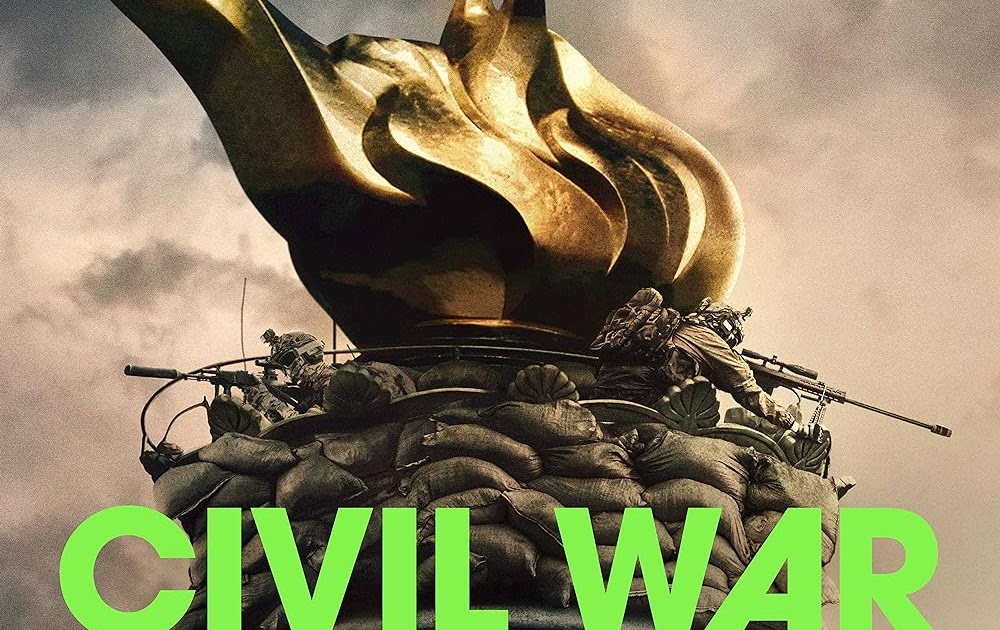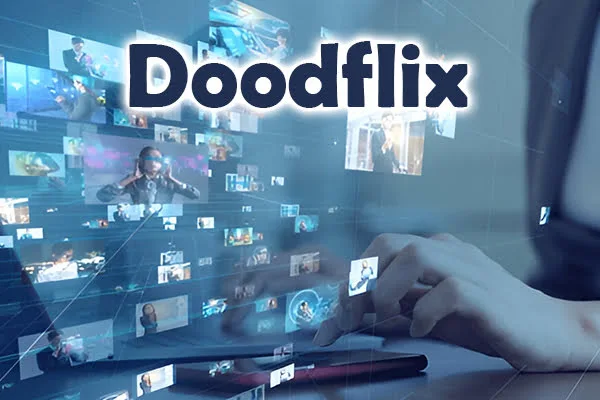Civil War (2024) Film Reviews: A Polarizing Dystopian Vision
Alex Garland’s Civil War (2024), a dystopian action thriller produced by A24, has sparked intense debate among critics and audiences alike. Set in a fractured near-future America torn apart by a second civil war, the film follows a group of journalists navigating a war-torn landscape to reach Washington, D.C. With a star-studded cast led by Kirsten Dunst and a $50 million budget—making it A24’s most expensive film to date—the movie has been both praised and criticized for its bold visuals, ambiguous politics, and focus on journalism over the conflict itself. Below is an exploration of the film’s critical reception, drawing from a range of reviews.
A Visually Stunning Yet Divisive Narrative
Critics widely agree that Civil War is a technical triumph. Reviewers on Rotten Tomatoes describe it as offering “an unparalleled cinematic experience” with “pulsating tension and a deafening soundscape,” best experienced on the big screen. The film’s cinematography, led by Rob Hardy, and its immersive sound design have been lauded for placing viewers directly in the chaos of a war zone. The final 20-minute sequence, depicting a raid on Washington, D.C., is frequently cited as a standout, with The Action Elite calling it “stunning” and worth the price of admission alone.
However, the narrative approach has proven divisive. The film deliberately avoids explaining the causes of the civil war, focusing instead on the experiences of four journalists: Lee (Kirsten Dunst), Joel (Wagner Moura), Jessie (Cailee Spaeny), and Sammy (Stephen McKinley Henderson). This choice has frustrated some viewers who expected a politically charged exploration of America’s divisions. An IMDb reviewer notes, “Very little is ever discussed or explained about the war itself, how it started, nor the political affiliations of those involved,” suggesting that those seeking clear answers may miss the film’s point. Others, however, praise this ambiguity, arguing it allows the film to transcend partisan politics and focus on universal themes of human brutality and journalistic ethics. A Reddit user on r/TrueFilm writes, “The politics is completely irrelevant here… All the film needed to do was convince you that what you see on screen is at least close to reality.”
Strong Performances Anchor the Film
Kirsten Dunst’s portrayal of Lee, a jaded war photographer, has been a focal point of praise. Critics describe her performance as “career-best” and “Academy Award-worthy,” highlighting her ability to convey emotional exhaustion and moral conflict. ScreenAnarchy calls her performance “miraculous,” noting her “thousand-yard stare” that reflects the toll of documenting war atrocities. The supporting cast, particularly Cailee Spaeny as the young, ambitious Jessie, also receives acclaim for adding depth to the ensemble. However, some reviews, like one from The Eagle, argue that the characters are underdeveloped, with dialogue that feels “silly” and actions that seem unrealistic.
A particularly memorable scene featuring Jesse Plemons as a menacing soldier in red sunglasses has been highlighted across reviews for its chilling intensity. His line, “What kind of American are you?” became a centerpiece of the film’s marketing and is often cited as a haunting encapsulation of the story’s themes of division and dehumanization.
A Commentary on Journalism or a Missed Opportunity?
The film’s focus on war journalists has sparked debate about its portrayal of the press. Some see it as a tribute to their courage, with Vulture describing it as a reflection on “how we’ve become desensitized to images of brutality and destruction.” Others, however, criticize the depiction of journalists as reckless or morally ambiguous. A Reddit post on r/moviecritic calls the portrayal “fundamentally absurd,” arguing that journalists would not be allowed so close to active combat zones. The Guardian notes the film’s “emotionally cold drama,” questioning the relevance of the journalists’ work in a world without a shared reality or functioning internet.
Garland’s decision to avoid explicit political commentary has been both a strength and a weakness. The Stanford Review praises the film for staying “above party politics,” presenting a neutral cautionary tale about the dangers of division. Conversely, The Eagle argues that this lack of political specificity makes the film feel “completely lacking anything real,” failing to deliver the bold commentary its premise suggests. Some reviewers, like those on Letterboxd, appreciate the film’s refusal to spoon-feed answers, seeing it as a deliberate choice to focus on the aestheticization of war violence rather than its causes.
A Polarizing Reception with Lasting Impact
Civil War has grossed over $127.3 million worldwide, making it A24’s second-highest-grossing film, a testament to its commercial success despite its polarizing reception. While some, like ScreenAnarchy, call it “one of the year’s best films” for its emotional depth and technical prowess, others, such as a reviewer on Movie-Awards-Redux, dismiss it as “preposterous, offensive nonsense.” The film’s refusal to align with any political ideology has led to accusations of being both too provocative and not provocative enough, with some seeing it as a timely warning and others as a shallow exercise in shock value.
Ultimately, Civil War succeeds in sparking conversation, as evidenced by heated discussions on platforms like Reddit and Letterboxd. Its visceral depiction of a fractured America, combined with standout performances and technical excellence, ensures it leaves a lasting impression, even if it doesn’t satisfy everyone’s expectations. As one Letterboxd reviewer notes, “It doesn’t tell us what to think—it forces us to ask how close we already are.” For those willing to engage with its ambiguity, Civil War is a haunting reflection on conflict, journalism, and the fragility of democracy.














